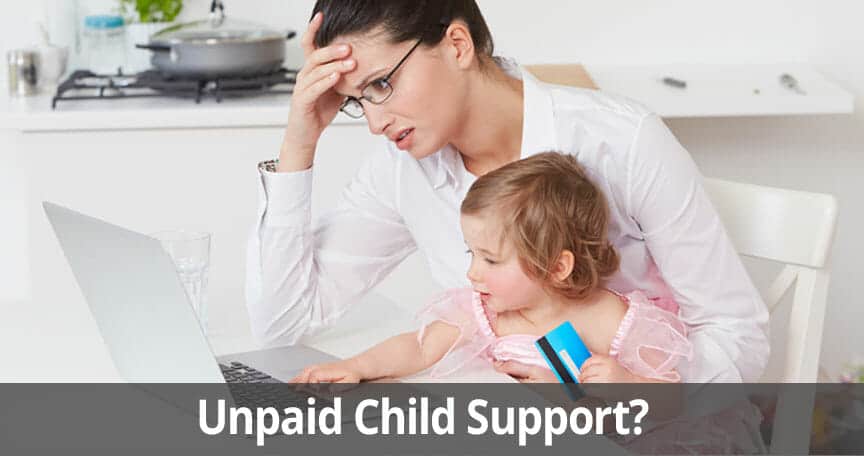
by Robert E. Hornberger, Esq | May 7, 2019
What Happens When Child Support Goes Unpaid on Long Island?
If a Long Island court orders you to be paid child support, it must be paid on time and in full according to the order. If you are a recipient of child support and your support has gone unpaid or partially paid, this post will help you understand your rights under New York law and what your next step should be. (more…)
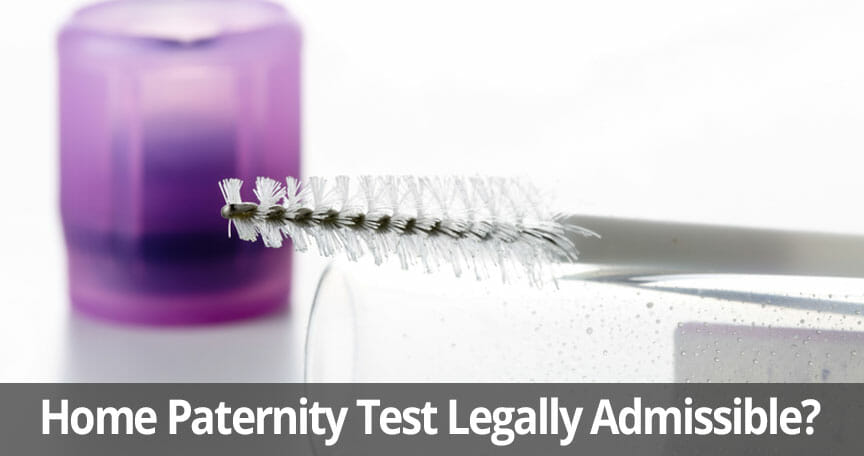
by Robert E. Hornberger, Esq | Apr 2, 2019
Is a Home Paternity Test Legally Admissible in Court?
When the issue of paternity comes up in a family law situation, it’s important to understand the different types of paternity tests available and which ones are, and are not, legally admissible in a Long Island courtroom. Home paternity tests, in particular, are becoming more affordable, leaving many people wondering if they can use a home paternity test in a family law case. Here’s what you need to know about the admissibility of home paternity tests and other types of paternity tests that may be available to you. (more…)
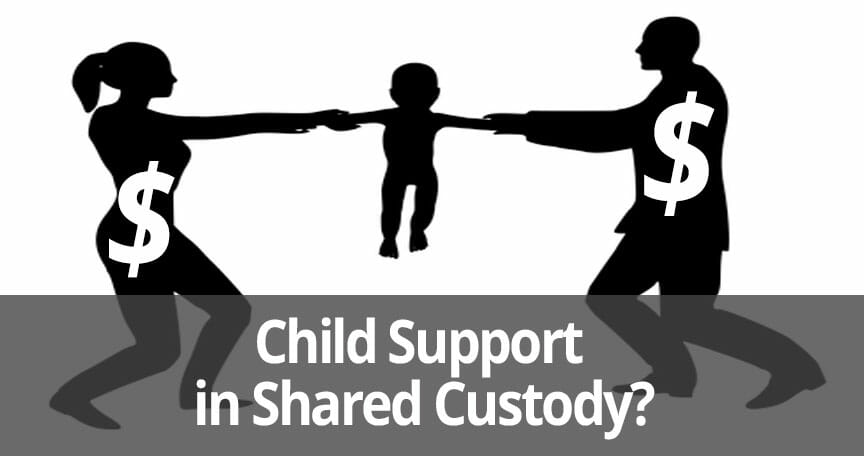
by Robert E. Hornberger, Esq | Dec 11, 2018
Should Child Support Payments Be Made in Shared Custody?
A shared child custody agreement on Long Island is basically a 50/50 share of parenting time with the child(ren). In this case it might seem fair and appropriate that the parents should also share 50% of all expenses, but in New York, that is not the way it works. Even in shared child custody arrangements, one parent is deemed the non-custodial parent and that parent is the one who is ordered to pay child support regardless of the amount of time they spend with the child(ren). (more…)
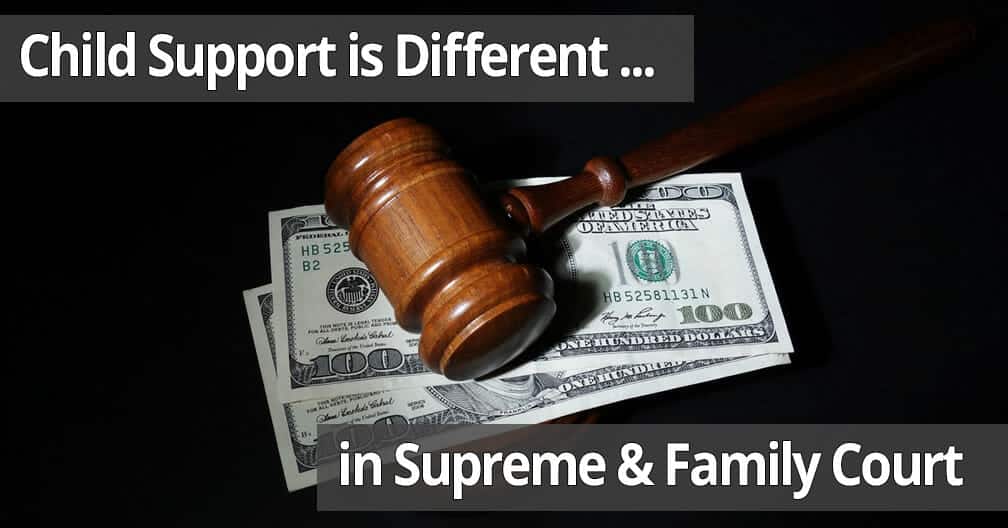
by Robert E. Hornberger, Esq | Aug 14, 2018
What’s the Difference Between Getting Child Support in Family Court or Supreme Court on Long Island
After many years working with countless Long Island parents on the issue of Child Support, I’ve seen the same dilemma many times over. The parents are in the middle of their divorce, or, are contemplating beginning their divorce and the residential parent is not receiving Child Support from the non-residential parent. It’s been an extended length of time, and now resources are running low for the residential parent. He or she feels that there is no other option, but to file for child support. If the parties are in the middle of a divorce, they are already before a Supreme Court judge. However, when dealing with child support specifically, Family Court is usually the faster route. Notwithstanding, there are some risks associated with filing for child support in Family Court during the pendency of your Divorce on Long Island. (more…)
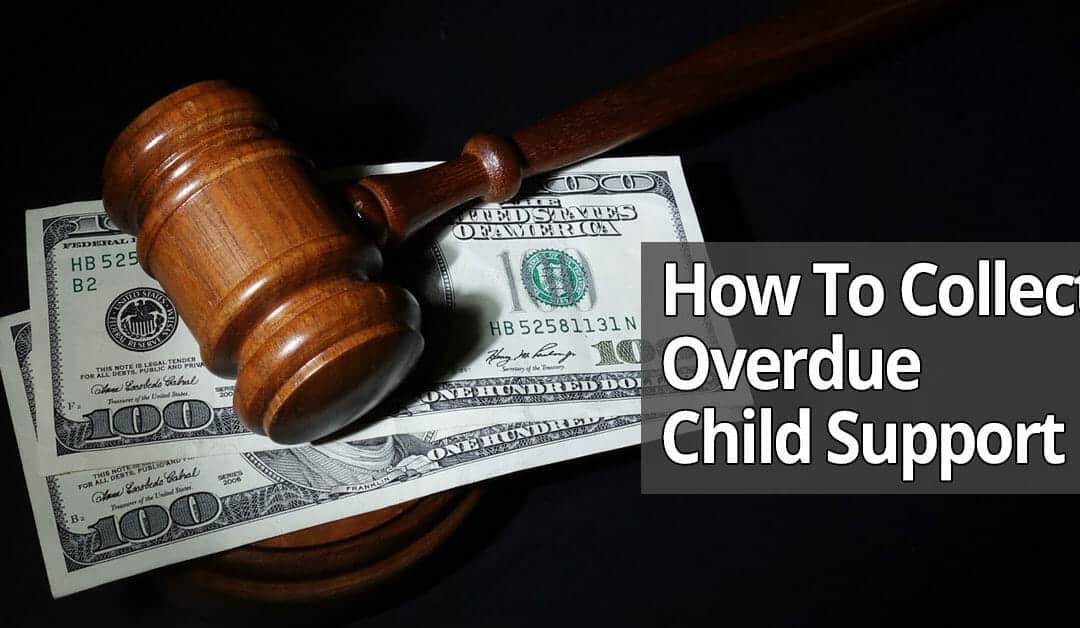
by Robert E. Hornberger, Esq | May 22, 2018
How To Collect Current or Overdue Child Support on Long Island
How Do I Collect Current or Overdue Child Support?
Long Island parents on are required by law to support their children. Unfortunately, some custodial parents are frustrated by the fact that they have not been able to receive Child Support from the noncustodial parent. In many Long Island Family Court cases, the services of the Child Support Enforcement Bureau (CSEB) then become necessary. However, there are many parents who do not know of the CSEB, or, do not know why they are an important part of many Family Court cases. (more…)
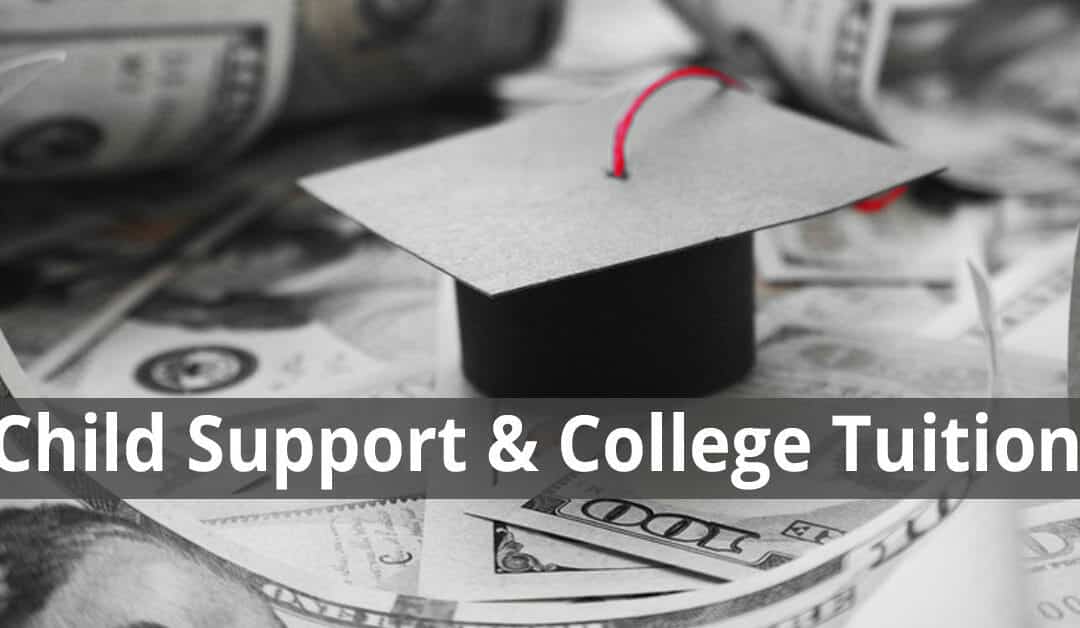
by Robert E. Hornberger, Esq | Apr 24, 2018
Child Support & College Expenses on Long Island
Long Island Child Support Agreements have been trending toward inclusion of college tuition and expenses. For many Long Islanders, college can figure greatly into child support agreements. Many parents want to ensure that their children’s education is provided for, regardless of the relationship between the parents.
Basic Child Support Calculations for Long Island (more…)
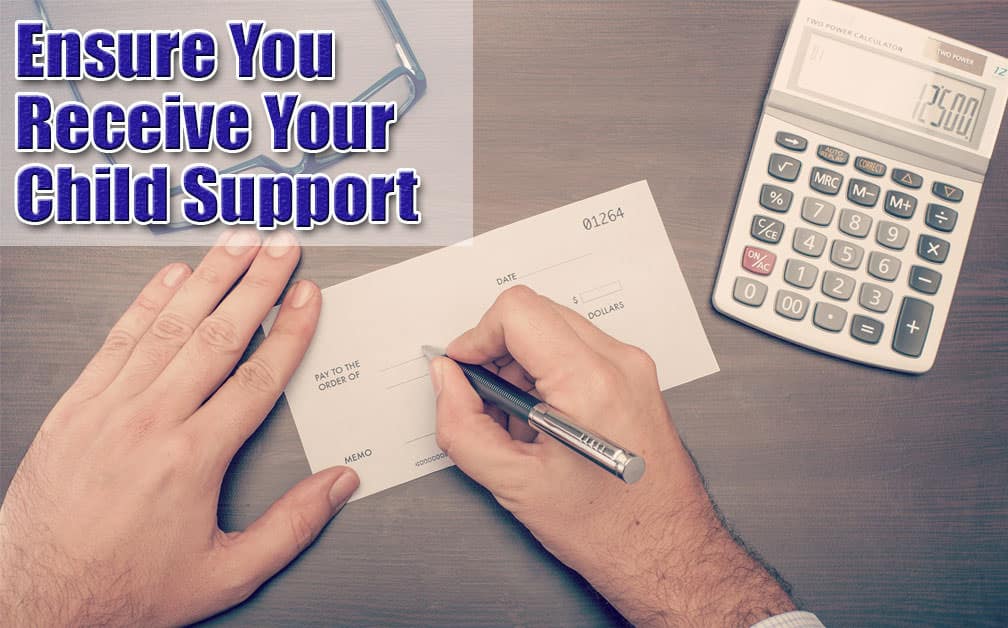
by Robert E. Hornberger, Esq | Oct 24, 2017
As a Long Island, NY Family Law Attorney with years of experience in this field, issues of child custody and child support come into our law firm constantly. Countless people come into our offices concerned that, for any number of reasons, they will not receive the court-ordered child support from the other parent of their child. The following article will explain the rules of Child Support on Long Island and how you can ensure you receive your court-ordered child support.
(more…)
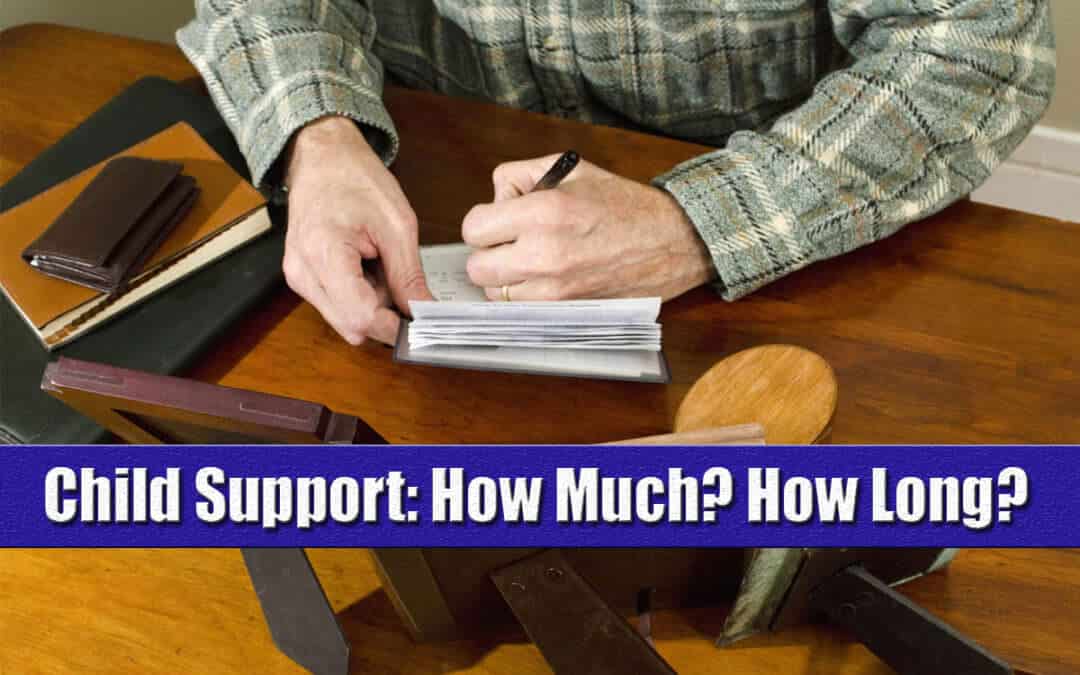
by Robert E. Hornberger, Esq | Sep 5, 2017
In last week’s post, I discussed the rising concern among fathers (and mothers) with establishing Paternity that I see as an experienced Long Island Family Law Attorney and the legal issues involved. This week we’ll discuss the rights and responsibilities that come once paternity is established.
Frequently Asked Questions Once Paternity has Been Established
Once you’ve established paternity you have the legal status of a child’s father. Many men ask me what this really means to them. They ask questions like, What are my obligations? What are the benefits that come along with being a legal father? Some men are very concerned that the obligations that come along with being a father will have a harsh impact on their day-to-day lives, however, for most men, the obligations that come along with being a father are far outweighed by the joys of fatherhood. If you find that the obligations, specifically the financial expectations now placed upon you, are having a negative impact in your life, please know, these financial obligations will end. Support obligations have a finite end date in the eyes of Nassau County and Suffolk County courts in New York State.
(more…)

by Robert E. Hornberger, Esq | Aug 29, 2017
Long Island Family Law Attorney: How to Establish Paternity
As a Family Law Attorney practicing on Long Island for many years, I have seen an increasing concern with the issue of paternity, or establishing the identity of the father of those children over the past several years.
Having a child can be one of the most rewarding experiences in a man’s life. For many men, however, things often become difficult when it’s no longer possible to have a relationship with the child’s mother. They then have to face and deal with legal matters like child custody, visitation, and child support, in addition to potentially dealing with the divorce or separation itself.
Paternity testing can be an important issue in many family law cases, however, it’s often overlooked as more pressing matters come to the forefront of the case. Below are some important paternity testing tips for Long Island fathers and how to get the experienced legal help you need in a paternity case.
40% of Children Born in U.S. are to Unwed Mothers
Did you know that, according to the Centers for Disease Control and Prevention (CDC), 40.5 percent of all babies born in the U.S. in 2020 were born to unwed mothers? While this percentage has increased only 0.5% since 2015, establishing paternity is still a large issue for many Americans, and Long Islanders.
What is Paternity?
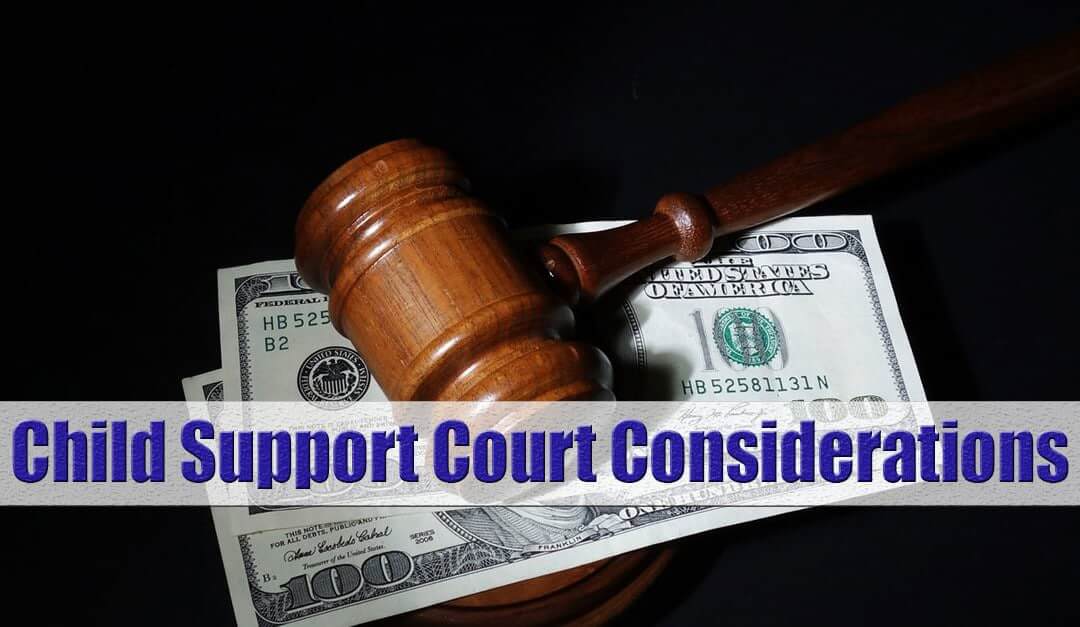
by Robert E. Hornberger, Esq | Aug 22, 2017
As a Long Island Family Law Attorney I know divorcing or divorce couples have many questions about how much they will have to pay or will receive in child support payments. Divorce and Child Support on Long Island is governed by New York state law. Under New York law, every parent has an obligation to provide financially for his or her children. This obligation continues even after parents are split up or divorced. It is often set forth in the form of court-ordered child support. Although there is a statutory formula used to determine the amount of child support that must be paid, there are factors that a court can consider in order to deviate from that formula amount. The following is a discussion of some of those factors that might be considered.
(more…)

























